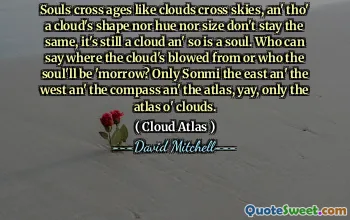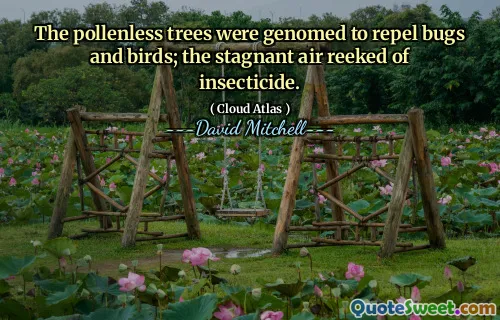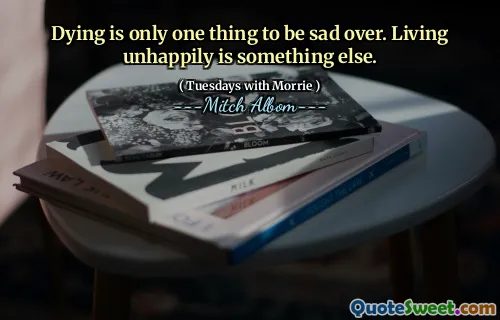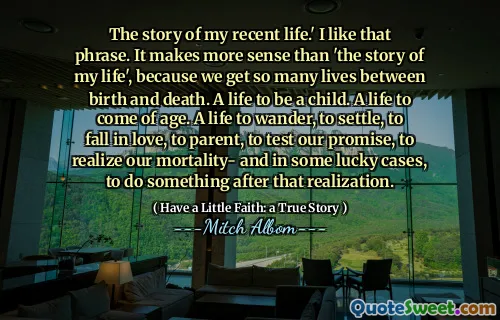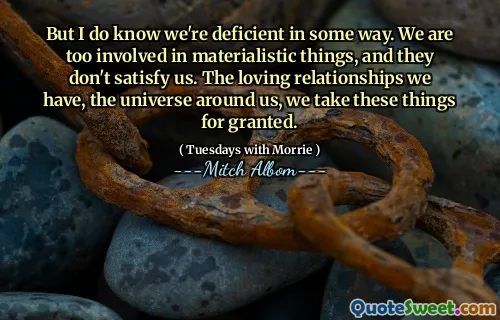In fact we do not try to picture the afterlife, nor is it our selves in our nervous tics and optical flecks that we wish to perpetuate; it is the self as the window on the world that we can't bear to thinkof shutting. My mind when I was a boy of ten or eleven sent up its silent scream at the thought of future aeons -- at the thought of the cosmic party going on without me. The yearning for an afterlife is the opposite of selfish: it is love and praise of the world that we are privileged, in this complex interval of light, to witness and experience.
John Updike discusses the human inclination to yearn for an afterlife, emphasizing that this longing is rooted in a deep appreciation for the world around us. He reflects on the idea that it is not a desire to cling to our personal experiences but rather a fear of losing the connection to life and the beauty it offers. This perspective encourages us to consider our place in the universe and the joy of being part of the cosmos while we are alive.
Updike's insights reveal that the desire for an eternal existence is less about self-interest and more about a love for existence itself. His memories from childhood illustrate a universal fear of being left out of the ongoing journey of life. This emotional reflection posits that the wish for an afterlife stems from a recognition of the privilege of experiencing life, urging us to cherish the moments we have in this fleeting interval of light.

